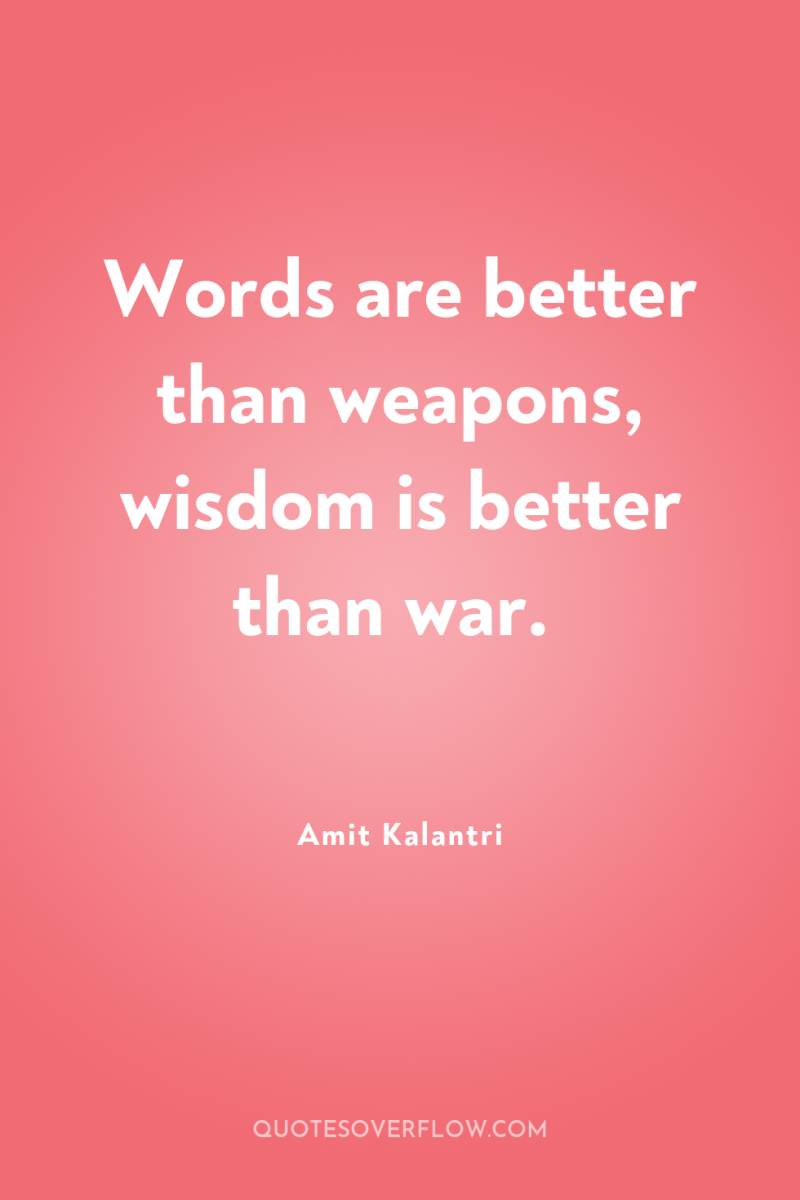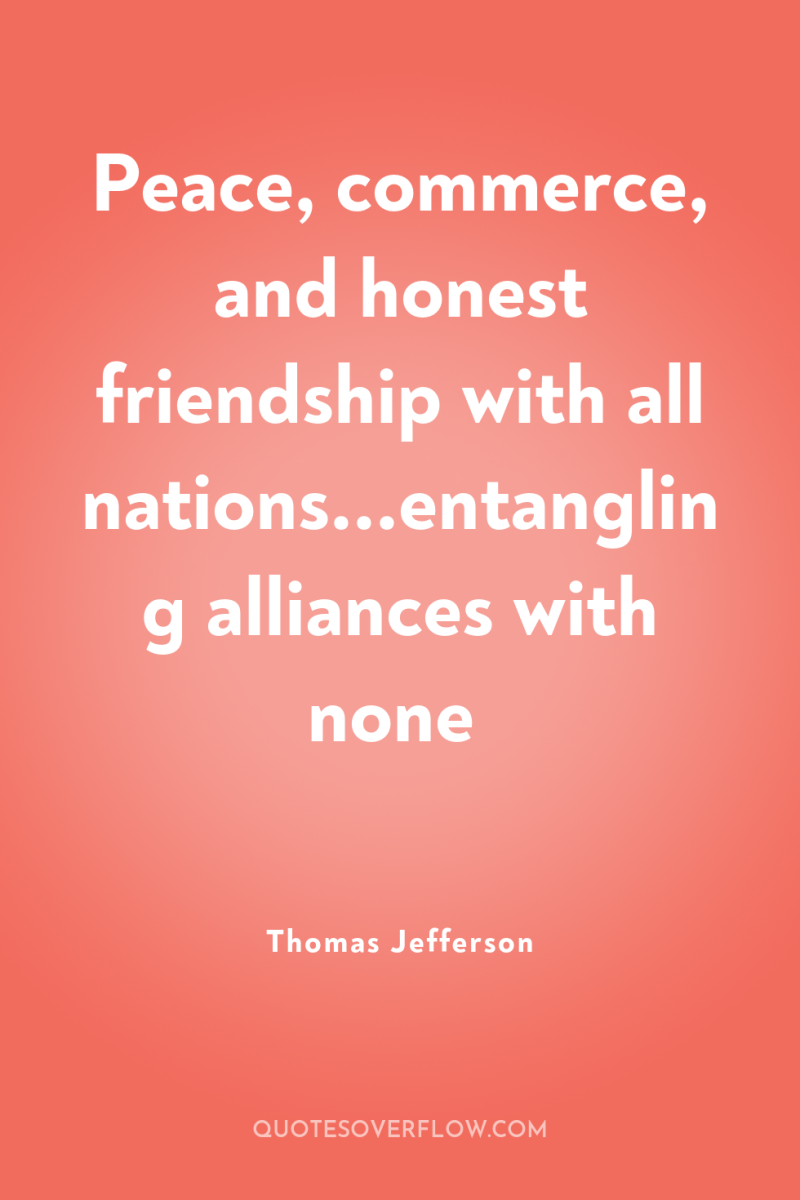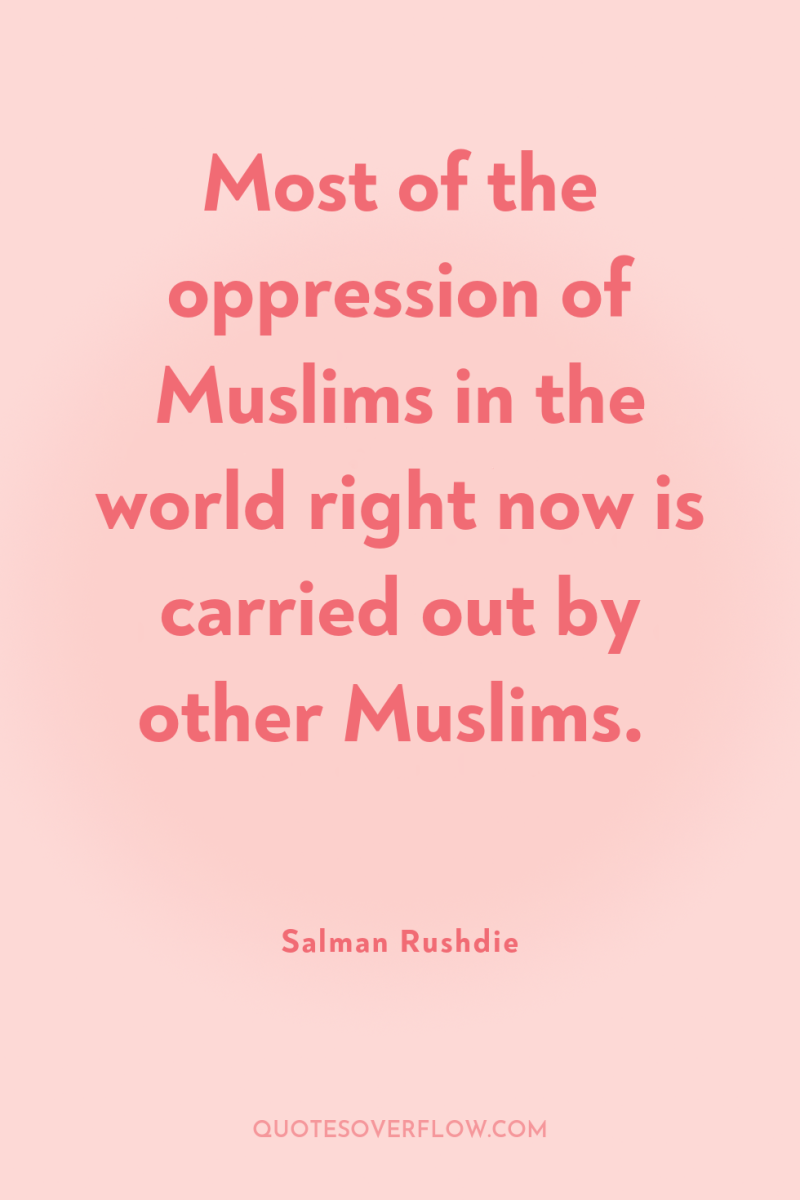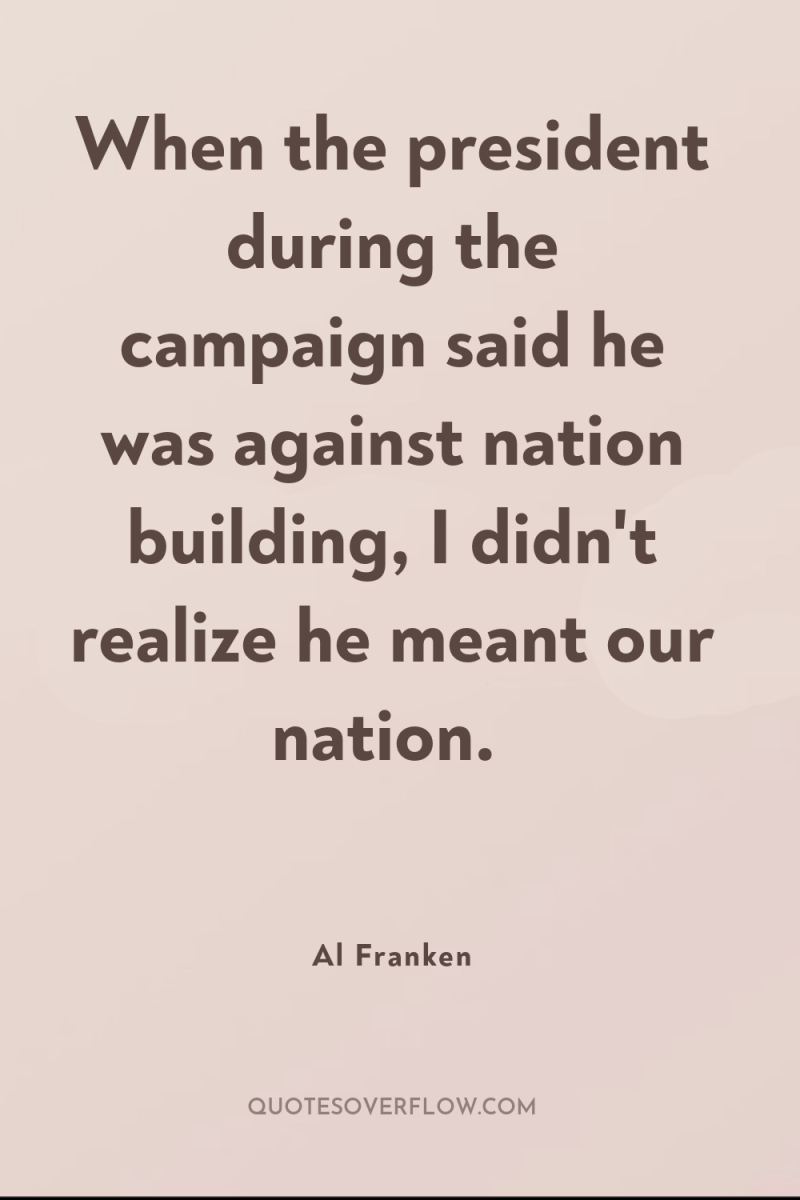1
War is an ugly thing, but not the ugliest of things: the decayed and degraded state of moral and patriotic feeling which thinks that nothing is worth a war, is much worse. When a people are used as mere human instruments for firing cannon or thrusting bayonets, in the service and for the selfish purposes of a master, such war degrades a people. A war to protect other human beings against tyrannical injustice; a war to give victory to their own ideas of right and good, and which is their own war, carried on for an honest purpose by their free choice, – is often the means of their regeneration. A man who has nothing which he is willing to fight for, nothing which he cares more about than he does about his personal safety, is a miserable creature who has no chance of being free, unless made and kept so by the exertions of better men than himself. As long as justice and injustice have not terminated their ever-renewing fight for ascendancy in the affairs of mankind, human beings must be willing, when need is, to do battle for the one against the other.John Stuart Mill

2
Words are better than weapons, wisdom is better than war.Amit Kalantri
3
I am not one of those who believes–as Obama is said to believe–that a solution to the Palestinian statehood question would bring an end to Muslim resentment against the United States. (Incidentally, if he really does believe this, his lethargy and impotence in the face of Netanyahu's consistent double-dealing is even more culpable.) The Islamist fanatics have their own agenda, and, as in the case of Hamas and its Iranian backers, they have already demonstrated that nothing but the destruction of Israel and the removal of American influence from the region will possibly satisfy them. No, it is more the case that justice–and a homeland for the Palestinians–is a good and necessary cause in its own right. It is also a special legal and moral responsibility of the United States, which has several times declared a dual-statehood outcome to be its objective. .Christopher Hitchens

4
Peace, commerce, and honest friendship with all nations...entangling alliances with noneThomas Jefferson
5
First Afghanistan, now Iraq. So who's next? Syria? North Korea? Iran? Where will it all end?' If these illegal interventions are permitted to continue, the implication seems to be, pretty soon, horror of horrors, no murderously repressive regimes might remain.Daniel Kofman
6
1. Bangladesh.. In 1971 .. Kissinger overrode all advice in order to support the Pakistani generals in both their civilian massacre policy in East Bengal and their armed attack on India from West Pakistan.. This led to a moral and political catastrophe the effects of which are still sorely felt. Kissinger’s undisclosed reason for the ‘tilt’ was the supposed but never materialised ‘brokerage’ offered by the dictator Yahya Khan in the course of secret diplomacy between Nixon and China.. Of the new state of Bangladesh, Kissinger remarked coldly that it was ‘a basket case’ before turning his unsolicited expertise elsewhere.2. Chile.. Kissinger had direct personal knowledge of the CIA’s plan to kidnap and murder General René Schneider, the head of the Chilean Armed Forces .. who refused to countenance military intervention in politics. In his hatred for the Allende Government, Kissinger even outdid Richard Helms .. who warned him that a coup in such a stable democracy would be hard to procure. The murder of Schneider nonetheless went ahead, at Kissinger’s urging and with American financing, just between Allende’s election and his confirmation.. This was one of the relatively few times that Mr Kissinger (his success in getting people to call him ‘Doctor’ is greater than that of most PhDs) involved himself in the assassination of a single named individual rather than the slaughter of anonymous thousands. His jocular remark on this occasion–‘ I don’t see why we have to let a country go Marxist just because its people are irresponsible’–suggests he may have been having the best of times..3. Cyprus.. Kissinger approved of the preparations by Greek Cypriot fascists for the murder of President Makarios, and sanctioned the coup which tried to extend the rule of the Athens junta (a favoured client of his) to the island. When despite great waste of life this coup failed in its objective, which was also Kissinger’s, of enforced partition, Kissinger promiscuously switched sides to support an even bloodier intervention by Turkey. Thomas Boyatt .. went to Kissinger in advance of the anti- Makarios putsch and warned him that it could lead to a civil war. ‘Spare me the civics lecture, ’ replied Kissinger, who as you can readily see had an aphorism for all occa .Christopher Hitchens
7
During an hour-long conversation mid-flight, he laid out his theory of the war. First, Jones said, the United States could not lose the war or be seen as losing the war.' If we're not successful here, ' Jones said, 'you'll have a staging base for global terrorism all over the world. People will say the terrorists won. And you'll see expressions of these kinds of things in Africa, South America, you name it. Any developing country is going to say, this is the way we beat [the United States], and we're going to have a bigger problem.' A setback or loss for the United States would be 'a tremendous boost for jihadist extremists, fundamentalists all over the world' and provide 'a global infusion of morale and energy, and these people don't need much.' Jones went on, using the kind of rhetoric that Obama had shied away from, 'It's certainly a clash of civilizations. It's a clash of religions. It's a clash of almost concepts of how to live.' The conflict is that deep, he said. 'So I think if you don't succeed in Afghanistan, you will be fighting in more places.' Second, if we don't succeed here, organizations like NATO, by association the European Union, and the United Nations might be relegated to the dustbin of history.' Third, 'I say, be careful you don't over- Americanize the war. I know that we're going to do a large part of it, ' but it was essential to get active, increased participation by the other 41 nations, get their buy-in and make them feel they have ownership in the outcome. Fourth, he said that there had been way too much emphasis on the military, almost an overmilitarization of the war. The key to leaving a somewhat stable Afghanistan in a reasonable time frame was improving governance and the rule of law, in order to reduce corruption. There also needed to be economic development and more participation by the Afghan security forces. It sounded like a good case, but I wondered if everyone on the American side had the same understanding of our goals. What was meant by victory? For that matter, what constituted not losing? And when might that happen? Could there be a deadline? .Bob Woodward
8
McChrystal had organized a jaw-dropping counterterrorism campaign inside Iraq, but the tactical successes did not translate into a strategic victory. This was why counterinsurgency - blanketing the population in safety and winning them over - was necessary.Bob Woodward

9
Most of the oppression of Muslims in the world right now is carried out by other Muslims.Salman Rushdie
10
Als it is hard for America to fight wars in the name of freedom, if those people themselves choose for nonfreedom. Can America and England save India from communism, if they vote communist themselves.Oswald Mosley
![[Bill] Clinton was a pretty good president for a Republican.](https://cdn.quotesoverflow.com/file/quotesoverflow/images/bill-clinton-was-a-pretty-good340420558657-1200.webp)
11
[Bill] Clinton was a pretty good president for a Republican.Michael Moore

12
When the president during the campaign said he was against nation building, I didn't realize he meant our nation.Al Franken
13
This is what you get when you found a political system on the family values of Henry VIII. At a point in the not-too-remote future, the stout heart of Queen Elizabeth II will cease to beat. At that precise moment, her firstborn son will become head of state, head of the armed forces, and head of the Church of England. In strict constitutional terms, this ought not to matter much. The English monarchy, as has been said, reigns but does not rule. From the aesthetic point of view it will matter a bit, because the prospect of a morose bat-eared and chinless man, prematurely aged, and with the most abysmal taste in royal consorts, is a distinctly lowering one.Christopher Hitchens
14
Israel's demonstration of its military prowess in 1967 confirmed its status as a 'strategic asset, ' as did its moves to prevent Syrian intervention in Jordan in 1970 in support of the PLO. Under the Nixon doctrine, Israel and Iran were to be 'the guardians of the Gulf, ' and after the fall of the Shah, Israel's perceived role was enhanced. Meanwhile, Israel has provided subsidiary services elsewhere, including Latin America, where direct US support for the most murderous regimes has been impeded by Congress. While there has been internal debate and some fluctuation in US policy, much exaggerated in discussion here, it has been generally true that US support for Israel's militarization and expansion reflected the estimate of its power in the region. The effect has been to turn Israel into a militarized state completely dependent on US aid, willing to undertake tasks that few can endure, such as participation in Guatemalan genocide. For Israel, this is a moral disaster and will eventually become a physical disaster as well. For the Palestinians and many others, it has been a catastrophe, as it may sooner or later be for the entire world, with the growing danger of superpower confrontation. .Noam Chomsky

15
The only way to Cuba is with the CIA.Phil Ochs
16
Too often in the post-9/11 world, when the time has come to translate the moral, and essentially progressive, roots of foreign policy idealism into plans for American action, liberals have said, 'Duck.Richard Just
17
If we are not applying the lessons to be gained from yesterday's history to address the problems of today - then why does any of it matter? Does Babe Ruth's baseball score from 1917 matter to us today? No. Does it matter that Gandhi bickered with his wife, or that Lincoln got into a brawl over Sally at a bar? No. Then why do tribal matches that happened thousands of years ago still mean so much to us today? To keep us from moving forward? To remind us of our racial differences and indifference? To revive tribal bitterness? And what father or God would want his children to keep a record of every argument they have ever had with each other - if there is nothing positive - only harm - to be gained by constantly reminding them? Would a wise man steer his followers to hold onto past hurts - or to squeeze them for every drop of wisdom that could be gained from them - then release them? Isn't forgiveness a holy virtue? And if so, then why do we insist on keeping historical records of resentment? Is the Creator an advocate of love or hate? And if love, then why are we still pushing so much hatred? What is there ever to be gained from vocalizing hatred? Only more hatred. Who wants that? And why?.Suzy Kassem
18
The principle victims of British policies are Unpeople–those whose lives are deemed worthless, expendable in the pursuit of power and commercial gain. They are the modern equivalent of the ‘savages’ of colonial days, who could be mown down by British guns in virtual secrecy, or else in circumstances where the perpetrators were hailed as the upholders of civilisation.Mark Curtis
19
Facing a deteriorating economy and a weakening hold over the populace, the Iraqi state under Saddam Hussein opted to revitalize tribal leaders and conservative practices as a means of stabilizing state power; those conservative practices were not an inherent feature of a predominantly Muslim country.Nadje AlAli
20
It is a pervasive condition of empires that they affect great swathes of the planet without the empire's populace being aware of that impact - indeed without being aware that many of the affected places even exist. How many Americans are are of the continuing socioenvironmental fallout from U.S. militarism and foreign policy decisions made three or four decades ago in, say, Angola or Laos? How many could even place those nation-states on a map? .Rob Nixon
21
Most Americans are close to total ignorance about the world. They are ignorant. That is an unhealthy condition in a country in which foreign policy has to be endorsed by the people if it is to be pursued. And it makes it much more difficult for any president to pursue an intelligent policy that does justice to the complexity of the world.Unknown
22
[American exceptionalism] is a reaction to the inability of people to understand global complexity or important issues like American energy dependency. Therefore, they search for simplistic sources of comfort and clarity. And the people that they are now selecting to be, so to speak, the spokespersons of their anxieties are, in most cases, stunningly ignorant.Unknown
23
Only if we act greatly in meeting our responsibilities abroad will we remain a great nation, and only if we remain a great nation will we act greatly in meeting our challenges at homeRichard M. Nixon
24
Perhaps there has been, at some point in history, some great power whose elevation was exempt from the violent exploitation of other human bodies. If there has been, I have yet to discover it. But this banality of violence can never excuse America, because America makes no claim to the banal. America believes itself exceptional, the greatest and noblest nation ever to exist, a lone champion standing between the white city of democracy and the terrorists, despots, barbarians, and other enemies of civilization. One cannot, at once, claim to be superhuman and then plead mortal error. I propose to take our countrymen's claims of American exceptionalism seriously, which is to say I propose subjecting our country to an exceptional moral standard. This is difficult because there exists, all around us, an apparatus urging us to accept American innocence at face value and not to inquire too much. And it is so easy to look away, to live with the fruits of our history and to ignore the great evil done in all of our names.TaNehisi Coates
25
When trouble arise among faraway people, we remain tempted to hide behind the principle of national sovereignty, to "mind our own business" when it is convenient, and to think of democracy as a suit to be worn in fine weather but felt in the closet when clouds threaten.Madeleine K. Albright
26
International politics is never about democracy and human rights. It's about the interests of states. Remember that, no matter what you are told in history lessons.Egon Bahr
27
Imperialism was born when the ruling class in capitalist production came up against national limitations to its economic expansion. The bourgeoisie turned to politics out of economic necessity; for if it did not want to give up the capitalist system whose inherent law is constant economic growth, it had to impose this law upon its home governments and to proclaim expansion to be an ultimate political goal of foreign policy.Hannah Arendt
28
Ronald Reagan goes around saying that Nicaragua is communist and that communism is a threat to Central America. Why doesn't he say that he's a big capitalist, and that capitalism has made a great mess of Central America? Why doesn't he talk about what capitalism has done? We don't know what communism is, but we sure know what capitalism has done for us!Elvia Alvarado
29
Soldiers in foreign camps, so far from being missionaries for good, require missionaries themselves, more than the natives. Andrew CarnegieH.W. Brands
30
Without the participation of one fifth of the global population, without the endorsement of the world's second-largest economy, without the political will and security guarantee of this emerging power, international institutions and norms will be irrelevant and the legitimacy and credibility of their resolutions and arrangements will fall short of promise.Wang Yizhou
31
If everyone loves you, maybe you don't need so many tanks.Craig Nelson
32
Fallujah was a Guernica with no Picasso. A city of 300, 000 was deprived of water, electricity, and food, emptied of most of its inhabitants who ended up parked in camps. Then came the methodical bombing and recapture of the city block by block. When soldiers occupied the hospital, The New York Times managed to justify this act on grounds that the hospital served as an enemy propaganda center by exaggerating the number of casualties. And by the way, just how many casualties were there? Nobody knows, there is no body count for Iraqis. When estimates are published, even by reputable scientific reviews, they are denounced as exaggerated. Finally, the inhabitants were allowed to return to their devastated city, by way of military checkpoints, and start to sift through the rubble, under the watchful eye of soldiers and biometric controls. .Jean Bricmont
33
All those who prefer peace to power, and happiness to glory should thank the colonized people for their civilizing mission. By liberating themselves, they made Europeans more modest, less racist, and more human. Let us hope that the process continues and that the Americans are obliged to follow the same course. When one’s own cause is unjust, defeat can be liberating.Jean Bricmont
34
Well, then what the federal government should have done was accept the assistance of foreign countries, of entrepreneurial Americans who have had solutions that they wanted presented. They can't even get a phone call returned, Bill. The Dutch–they are known, and the Norwegians–they are known for dikes and for cleaning up water and for dealing with spills. They offered to help and yet, no, they too, with the proverbial, can't even get a phone call back. .Sarah Palin